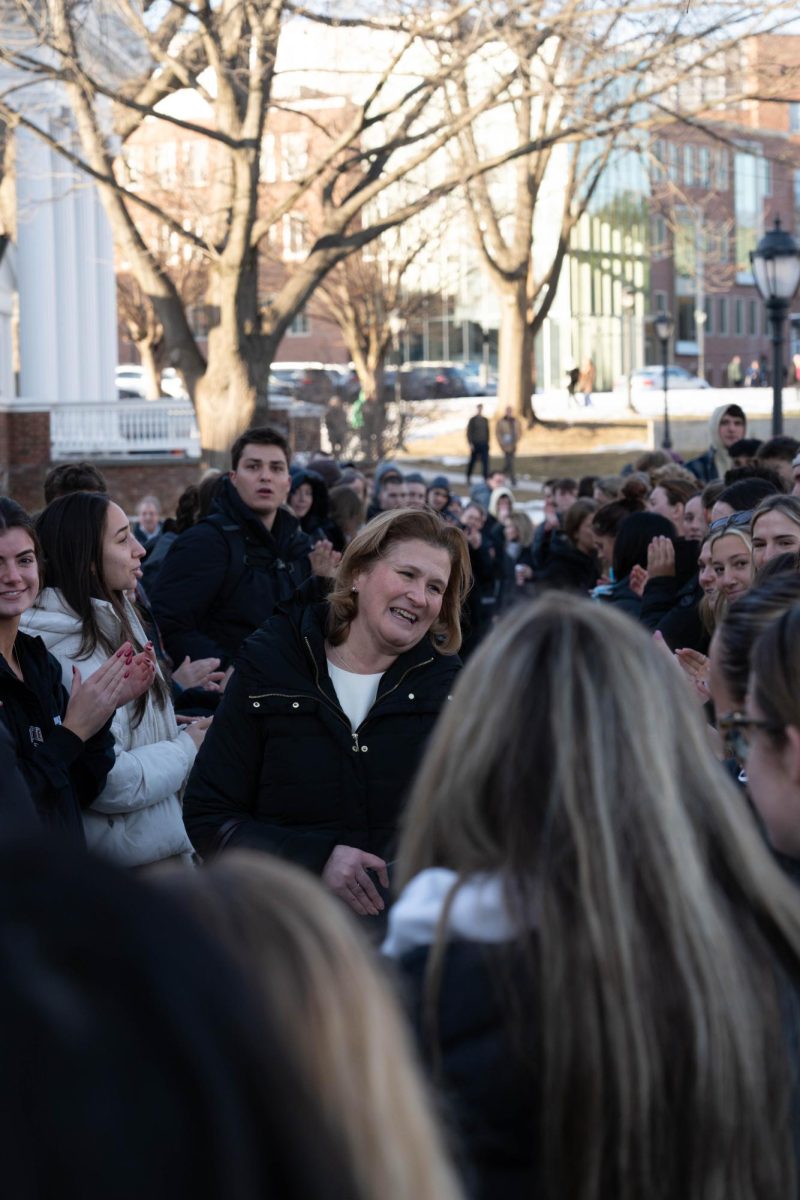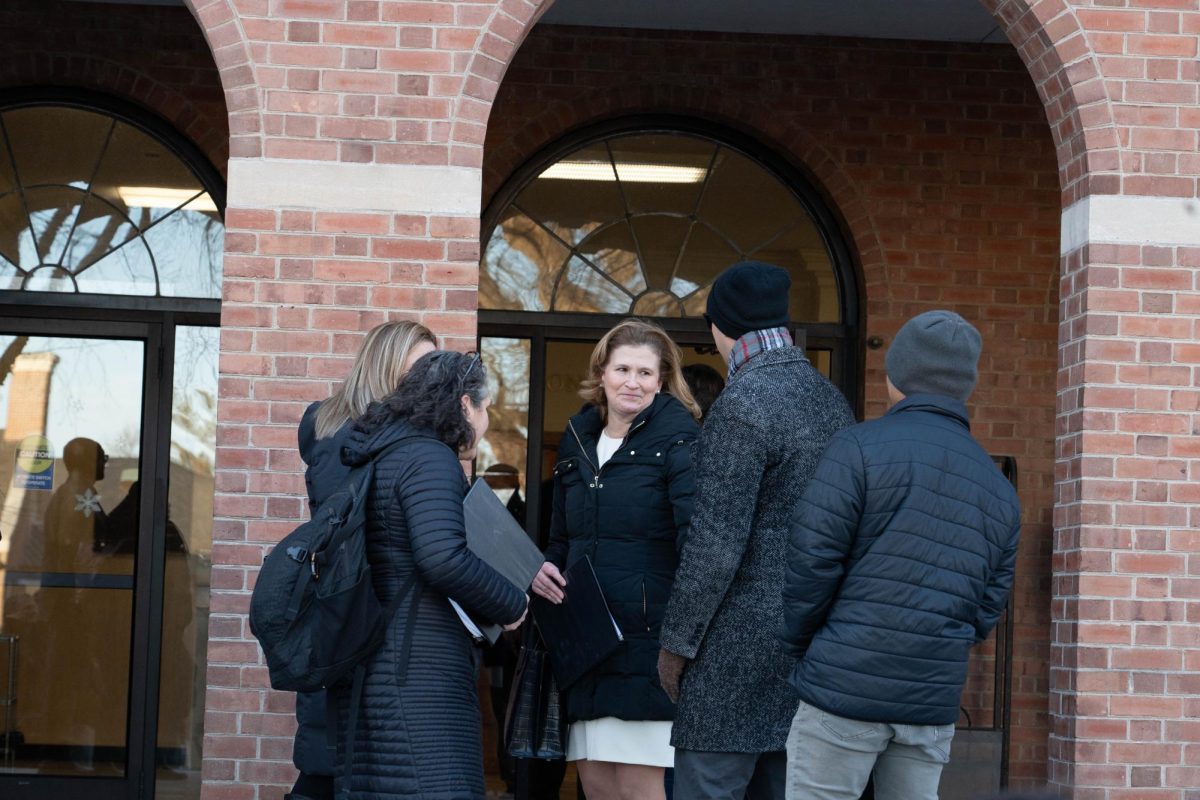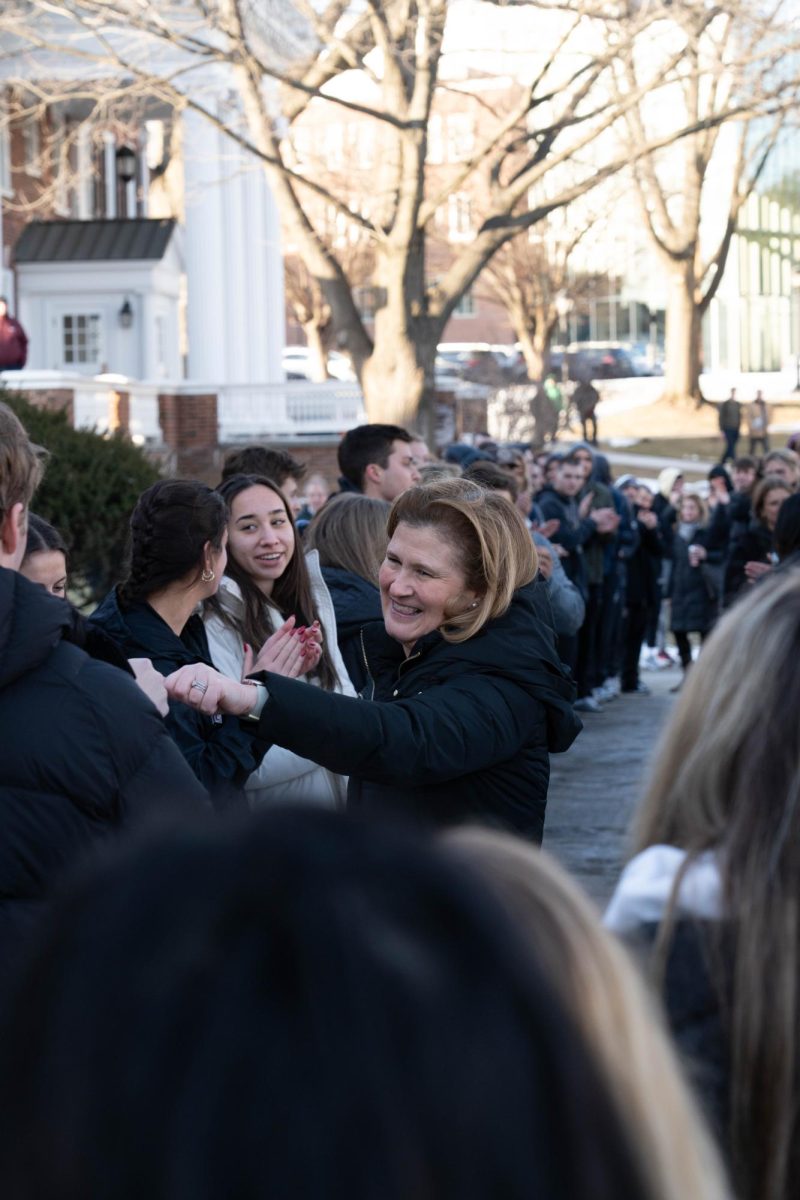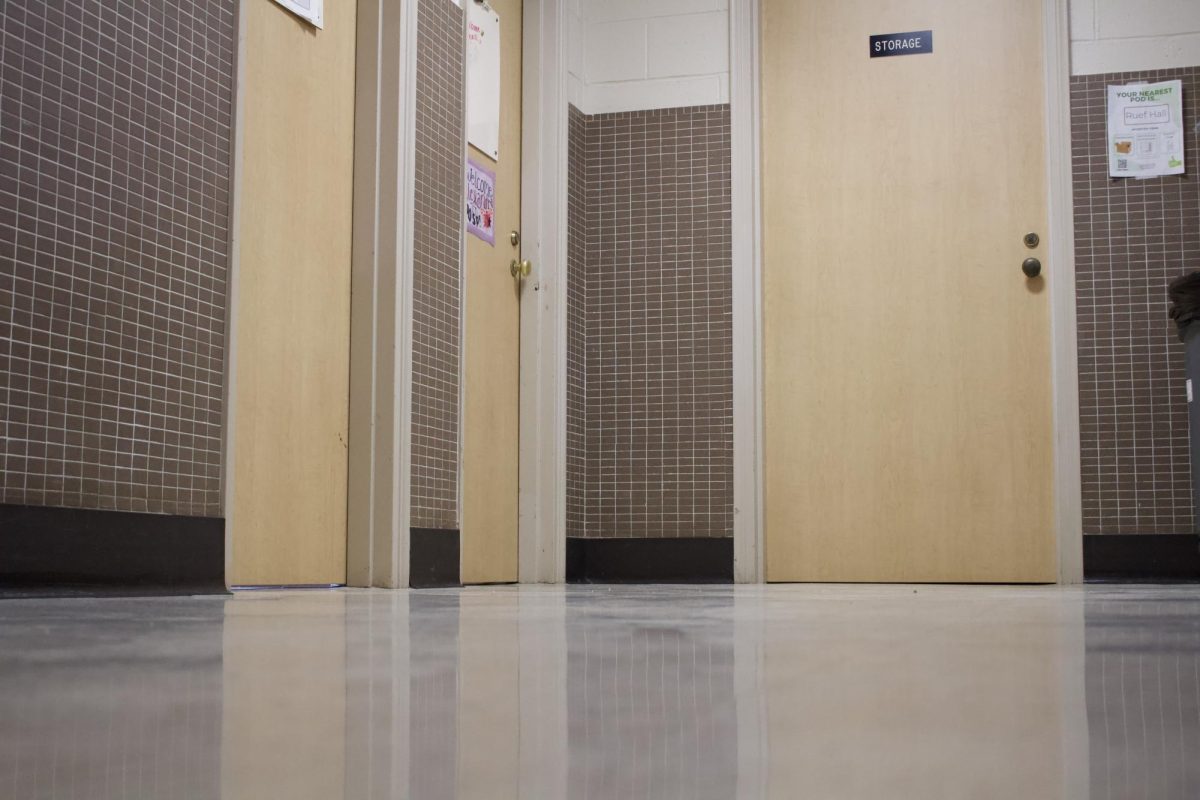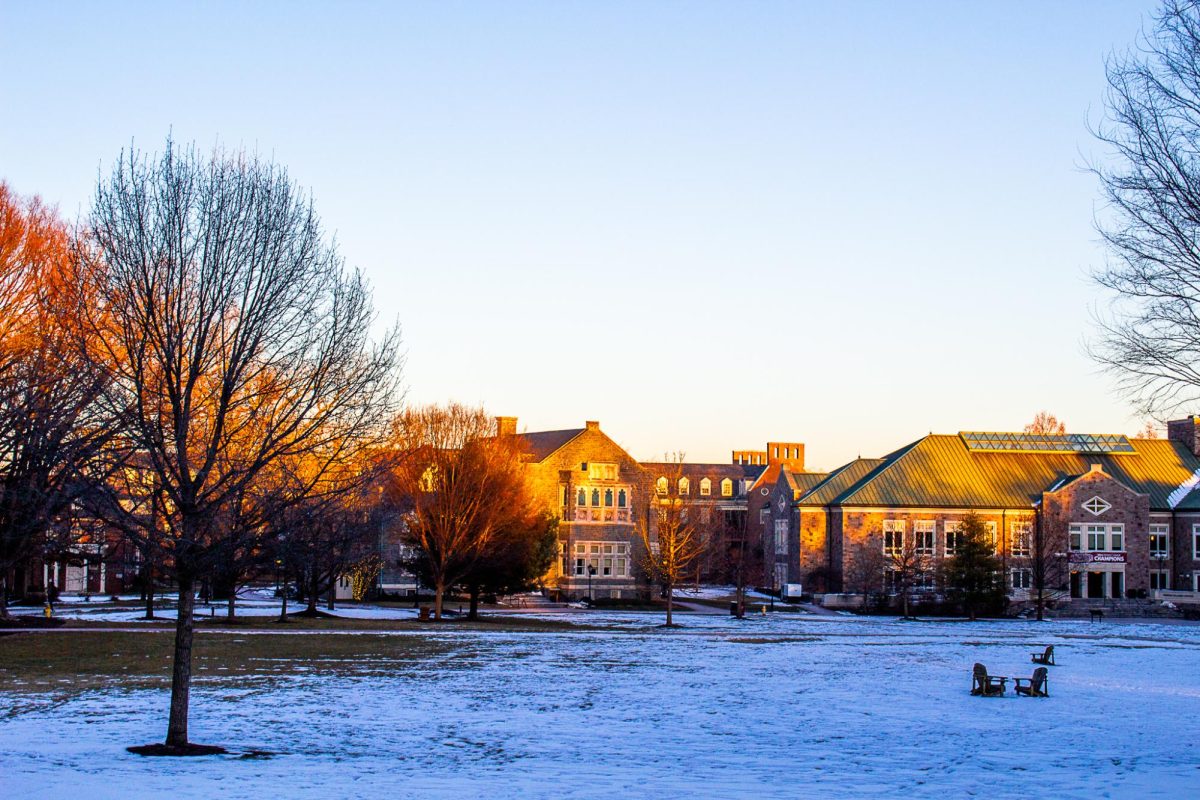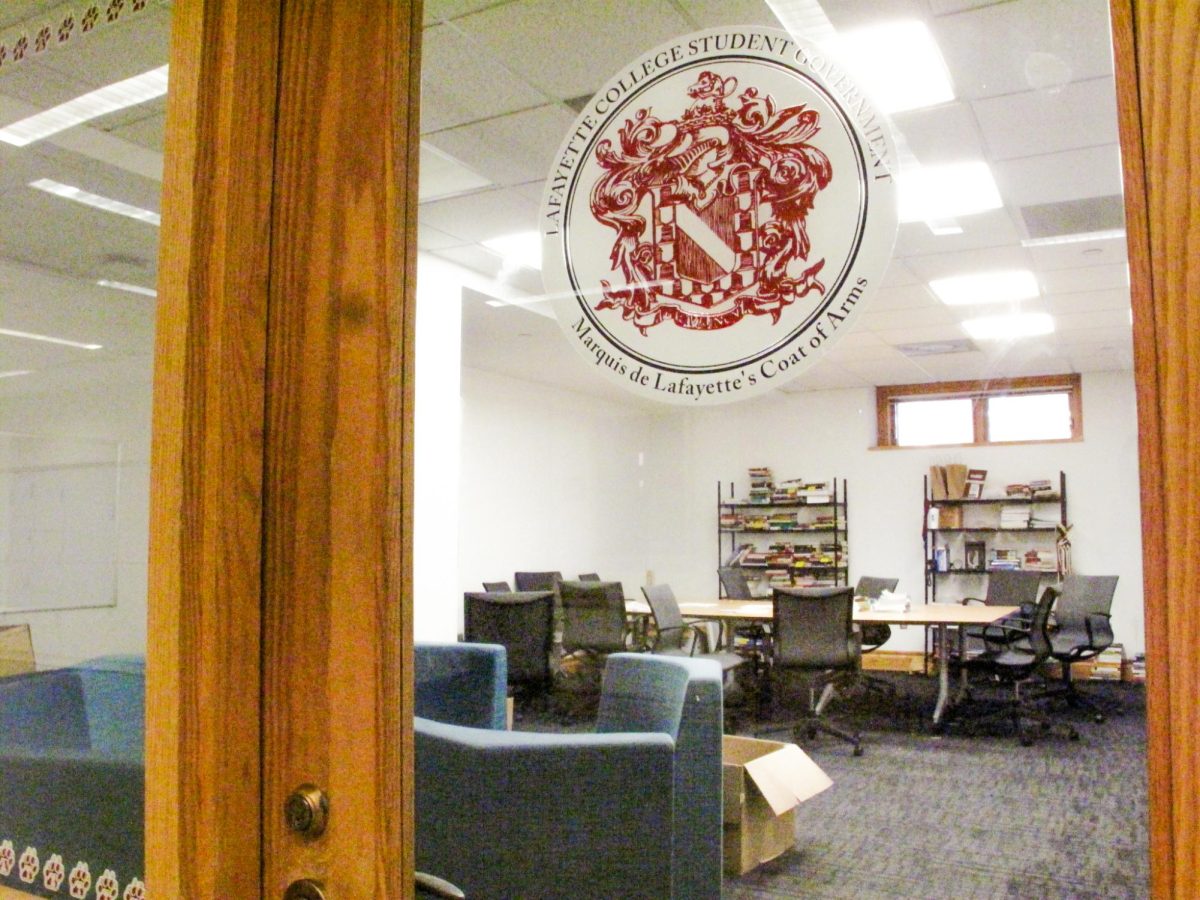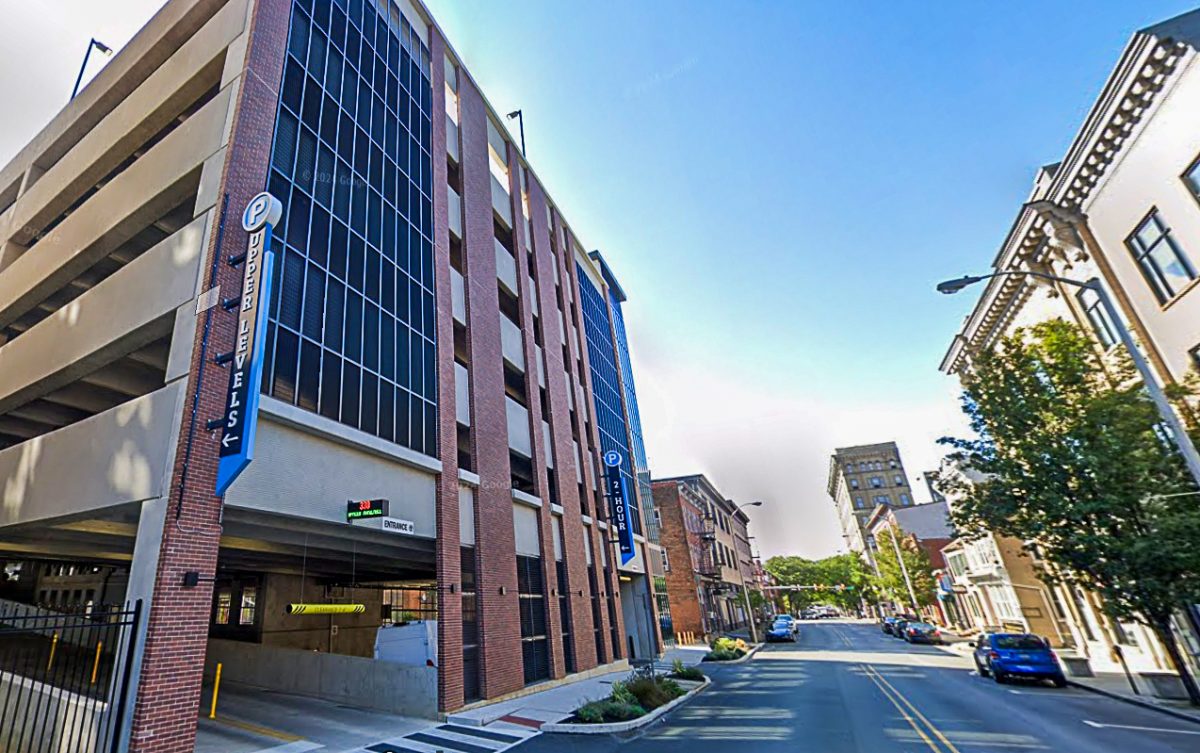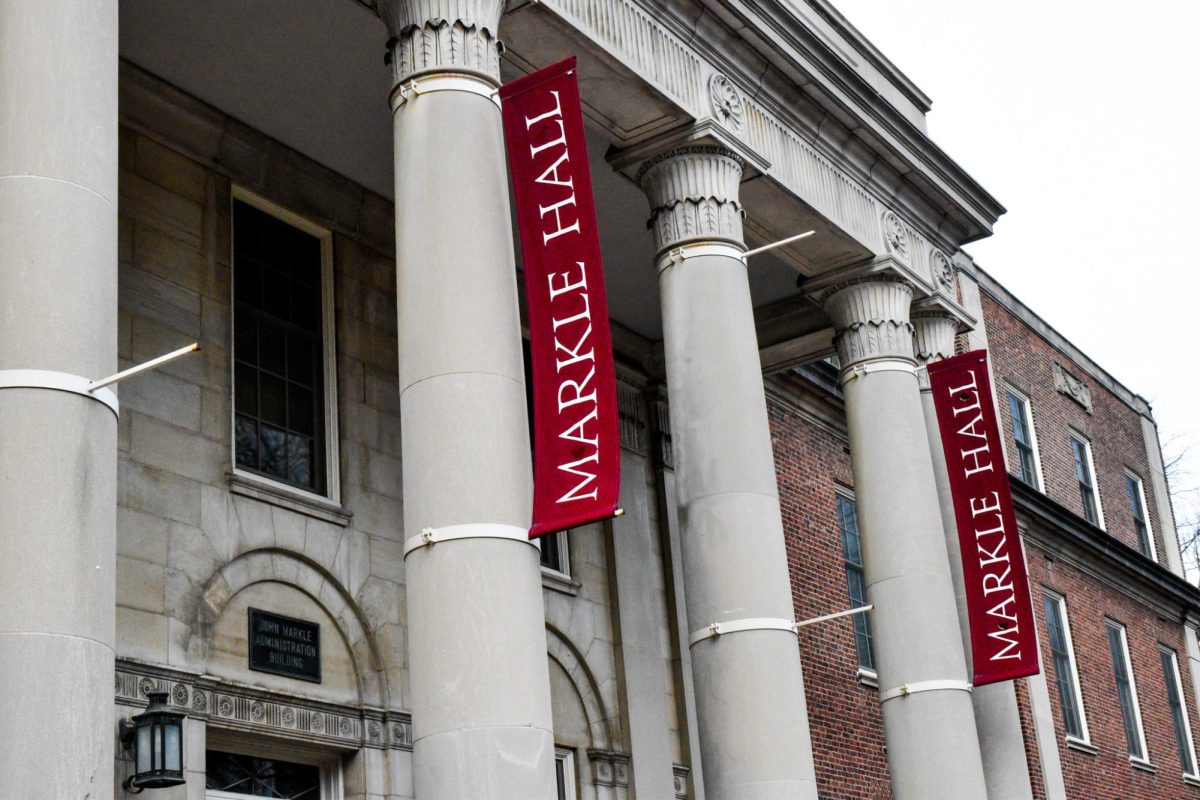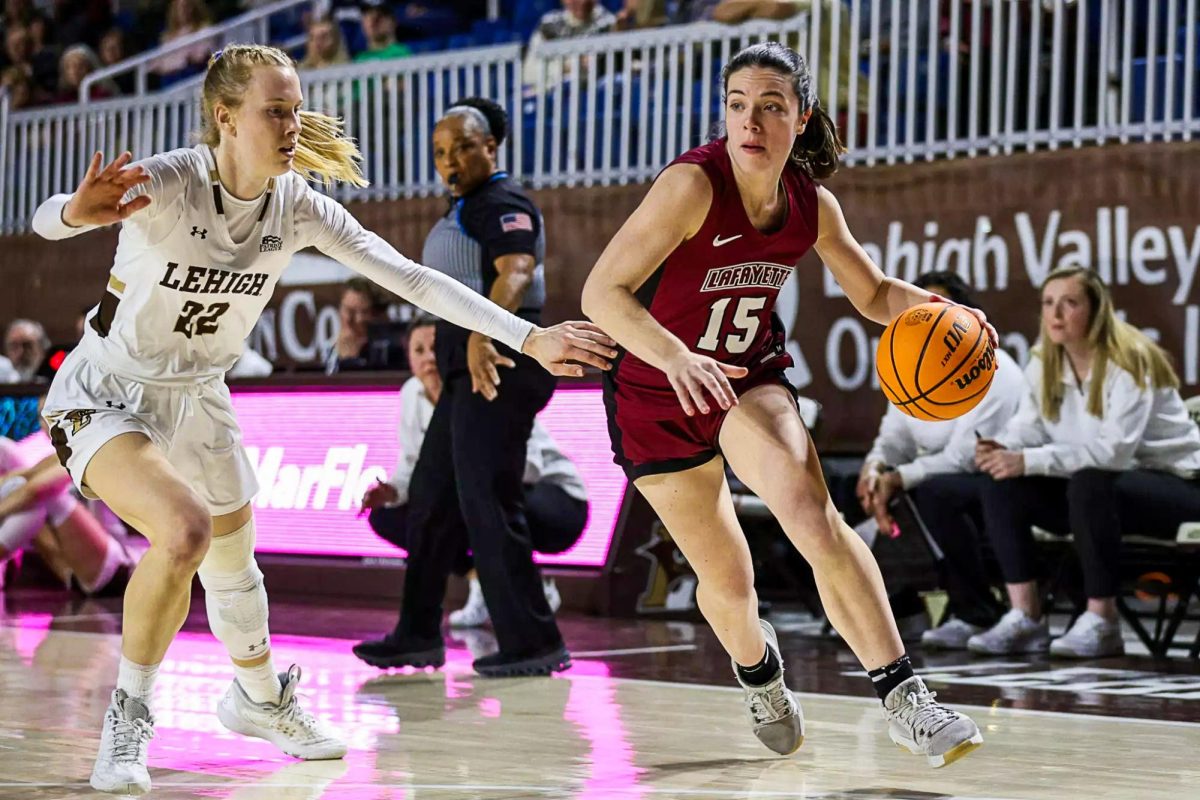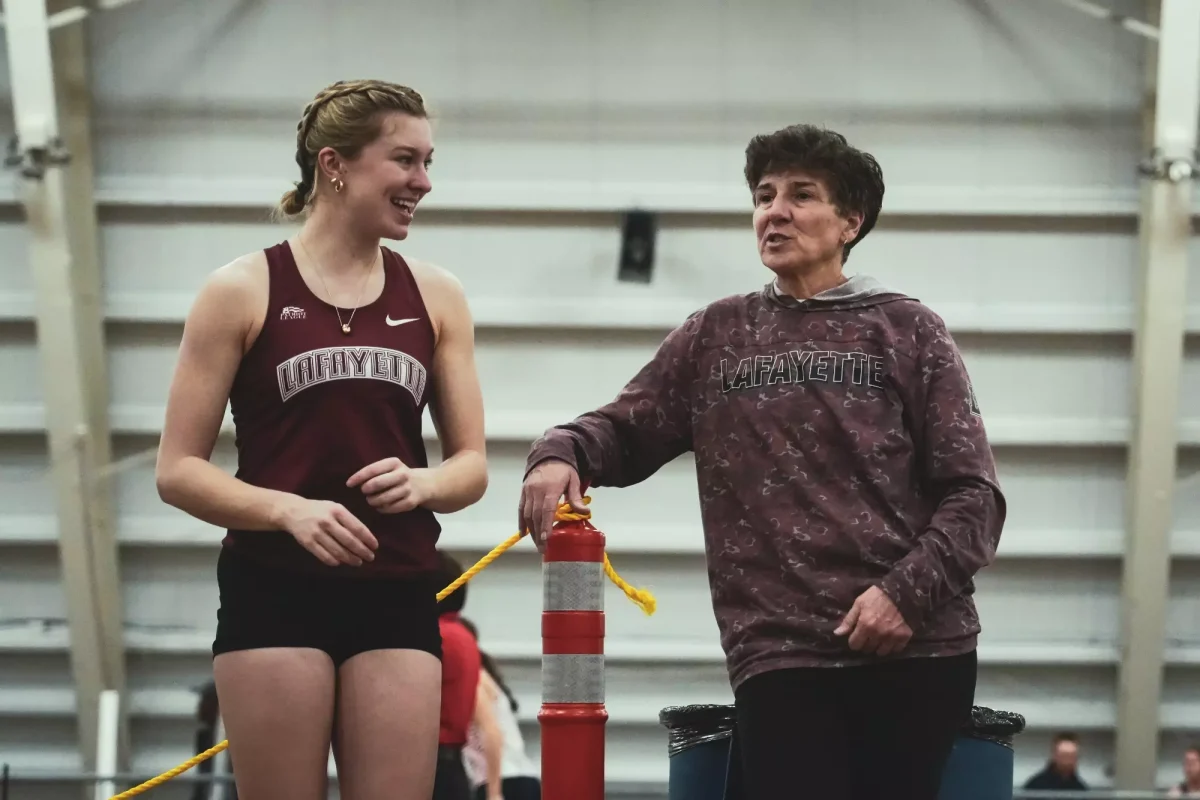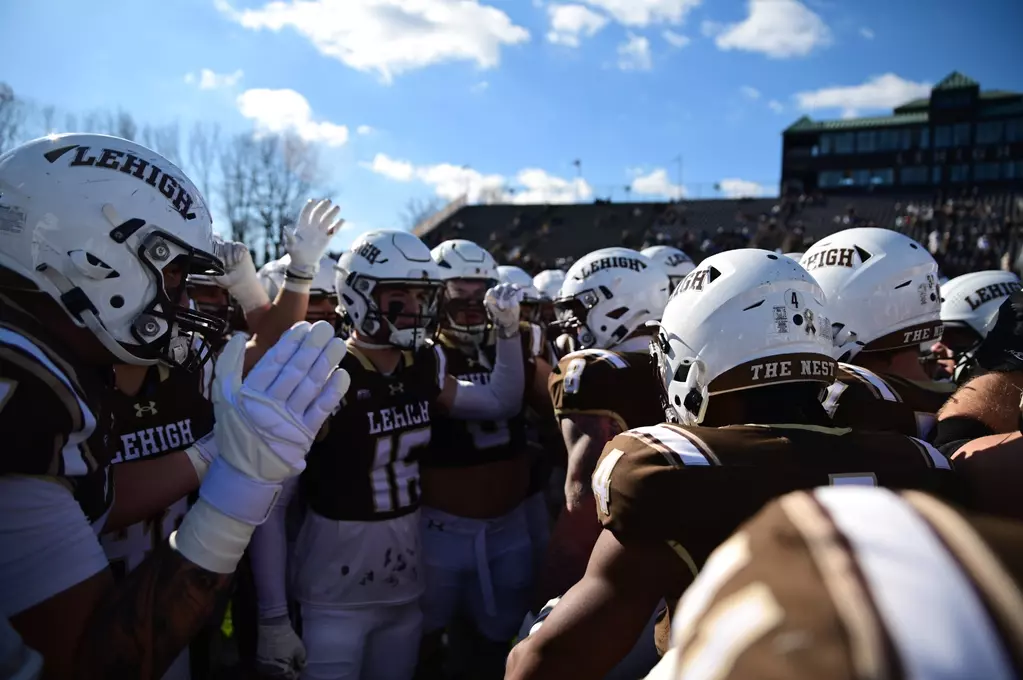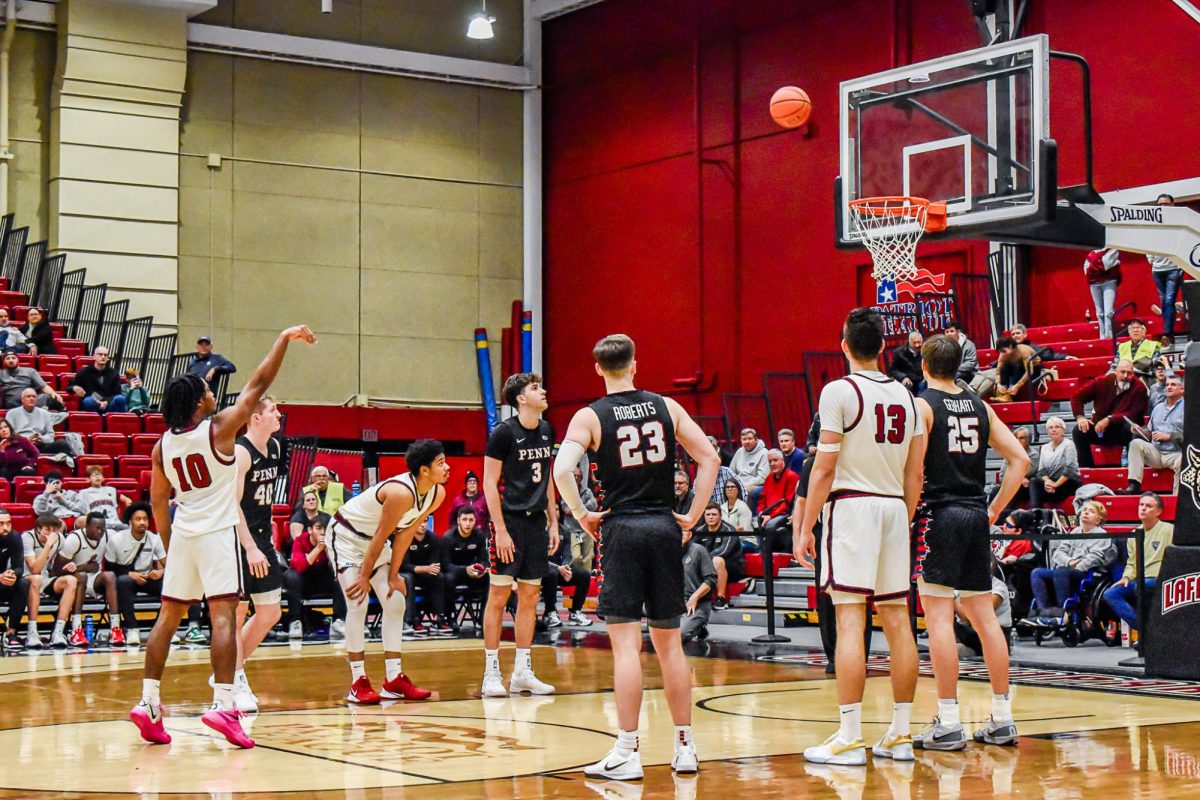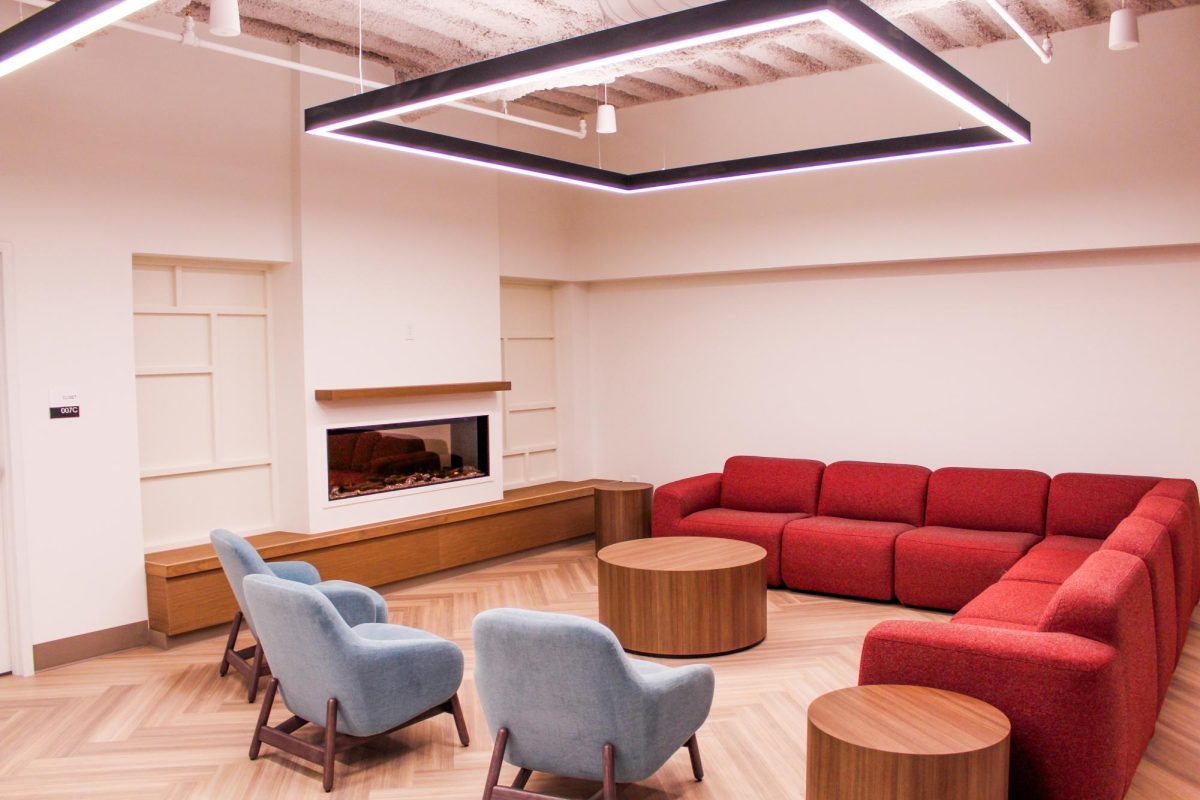Last Thursday, Student Government voted to increase the student activity fee from $342 to $360, which will generate an additional $150,000 for clubs. According to Student Government, the hike is necessary to accommodate inflation and is intended to help clubs weather rising costs.
“If we continued to allocate money at the rate we are now, Student Government would entirely run out of money in a few years,” Olivia Puzio ‘25, the Student Government president, wrote in an email.
The increased fee, which is billed as part of students’ tuition, was not Student Government’s first choice. Puzio and Areeb Atheeque ‘25, the Student Government treasurer, met with administrators over the summer to discuss potential options to alleviate the organization’s financial strain. Due to an increase in the number of clubs, the rising costs of goods and services and a desire to continue to fund popular class year and college-wide programs, they were advised by the college administration that raising the fee was one of their only choices.
“Student Government’s vote to increase the fee is a vote to help remedy a large gap between what students can do [and] what students want to do,” Brian Samble, the dean of students, wrote in an email.
Last year, Student Government approved the creation of at least 18 new clubs, each of which contributes to an increased volume of funding requests per year. Additionally, two years ago, Student Government voted to allocate $400,000 from its reserve fund to the creation of the Leopard’s Lair. The excess money from the student activity fee goes into the reserves from which the funds for the new student space were taken.
“At the time that we voted to fund the Leopard’s Lair, Student Government was under the impression that we had more than enough money to fund the Leopard’s Lair and clubs for years to come,” Parliamentarian Trebor Maitin ‘24 said. “Turns out, we only had enough money for the Leopard’s Lair.”
The increase will be put into effect at the beginning of next school year, but Ethan Junk ‘25, the president of the running club, is already skeptical of how effective this change will be.
“I hope it has a positive effect, but I am not optimistic that it will happen,” Junk wrote in an email. “In my experience, Student Government assigns budgets to clubs in a completely arbitrary manner.”
Student Government recently cut the running club’s CPR certification budget but allowed money for club sweatshirts. According to Junk, if a club does not receive adequate funding, it cannot do much more than petition for an increased budget.
“There is no doubt that increased club funding would create opportunities for clubs to flourish, but the burden falls upon Student Government to distribute it appropriately,” Junk wrote.
Like Junk, some students seem hopeful that the increased funding will benefit the student body at large, but question the effects of the fee hike.
“For clubs that are most certainly beneficial to all students, I believe this fee would be extremely beneficial,” Jack Delaney ‘26 said. “[But] I think the college’s tuition is already hefty and a burden to many students, so adding these additional fees for things that may not benefit the student paying them entirely seems unfair.”
“Hopefully every club can get a nice chunk of money and use it in a way that will benefit their club and overall student wellbeing,” Aaron Levine ‘26 said. “I don’t think it’s fair, but … it also makes sense for the college to want to support all clubs.”
Managing Editor Emma Chen ‘24 contributed reporting.
Disclaimer: Managing Editor Trebor Maitin ‘24 did not contribute writing or reporting.
Correction 9/15/2023: A previous version of this article misstated the class year of and position held on the running club by Ethan Junk ’25.

